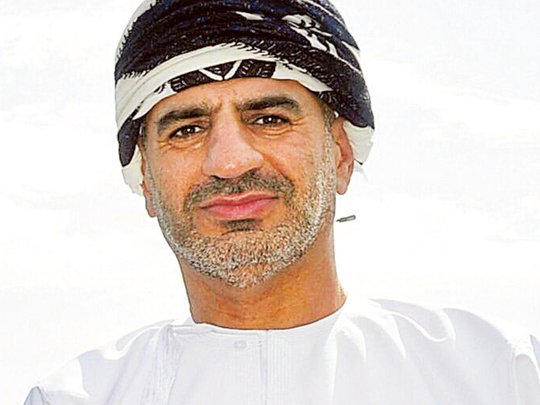
Muscat: Eshaq Al Siyabi, 50, is the first Omani to obtain an organ donor card under the country’s new organ donation programme.
The initiative was launched on March 21 after authorities warned of an alarming shortage of organs.
Organ shortages include that of kidneys, hearts, lungs, eyes and pancreas.
If he should die, Al Siyabi’s kidney, heart, lung, eyes, liver and pancreas will be donated to any patient who needs an organ transplant.
“I donate my organs for anyone regardless of his or her race, colour and religion, inside or outside the country,” Al Siyabi said in an interview with Gulf News.
Al Siyabi, a former vice-chairman of Oman’s elected Shura Council, says he strongly believes that donating organs will alleviate the pain and suffering of many patients who are in dire need of organs.
Some patients cannot afford to buy organs from outside the country, resulting in more suffering and anguish and then death, he said.
Al Siyabi’s tweet announcing his membership in the club of donors went viral, with many Omanis promising to follow suit.
“This reflects the power of social media in spreading awareness, which makes me very happy to see people flocking to the hospital to donate to such a noble cause,” Al Siyabi said.
The Ministry of Health is to launch extensive campaigns nationwide to spread awareness on the importance of organ donation.
Applicants can visit the Royal Hospital to fill out the form or simply call the hospital and provide their details.
Eight lives can potentially be saved if one person donates all of his organs, Health Minister Ahmad Al Saeed said.
“Because of the limited kidney donors, we are encouraging those who are brain-dead to donate, in accordance with religious, legal and medical practices,” he said.
Forty-six per cent of kidney failure in the country is caused by diabetes, followed by high blood pressure, he said.
Kidney disease is on the rise in the country, according to Eisa Al Salmi who heads the Department of Nephrology in Oman.
There are no current statistics on the number of Omanis who have donated their kidneys after being declared brain-dead.
In 2014, Oman’s Grand Mufti Shaikh Ahmad Al Khalili passed a fatwa permitting braid-dead people to donate their organs under “special” conditions.
The fatwa permits brain-dead people to donate his or her organs for one of his or her family member who is in dire need of an organ or those whose illness cannot be treated such as kidney disease.
Before the fatwa, organ donation was largely frowned upon because the body is considered sacred in Islam.












